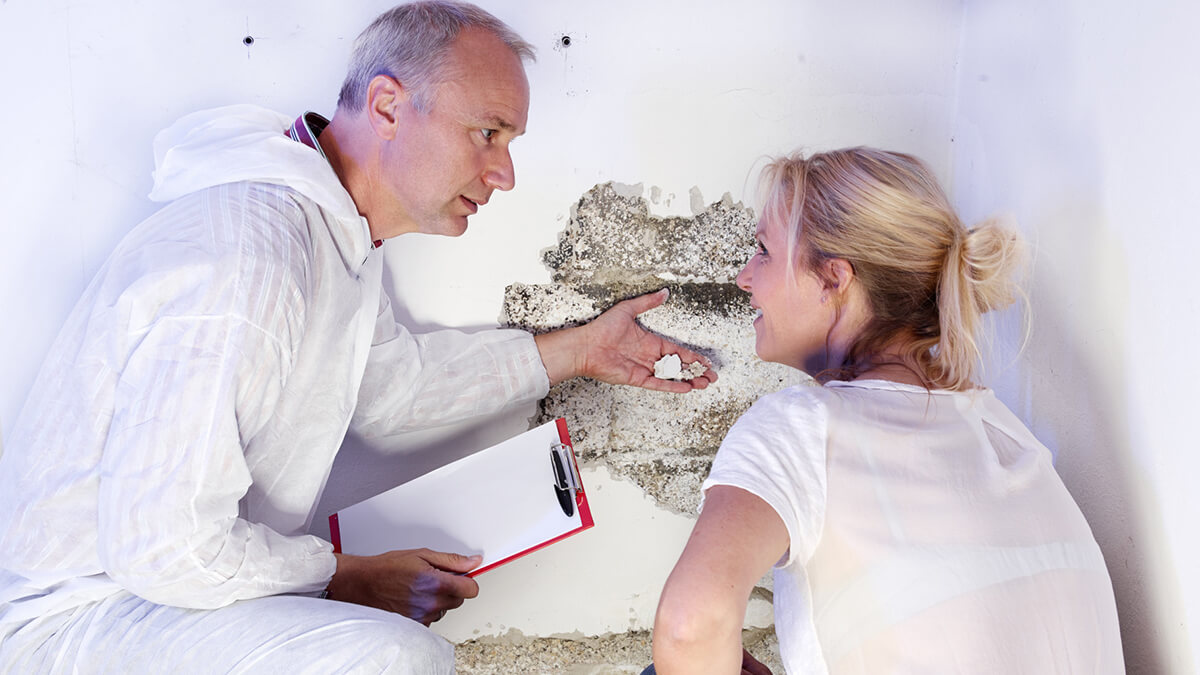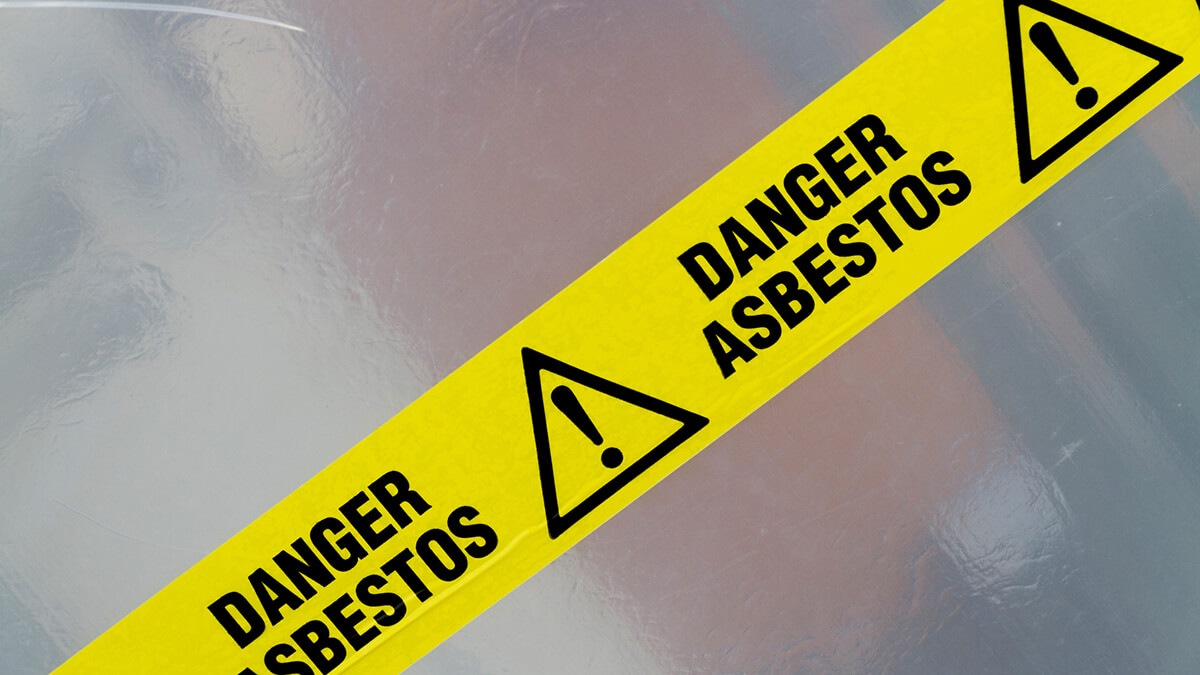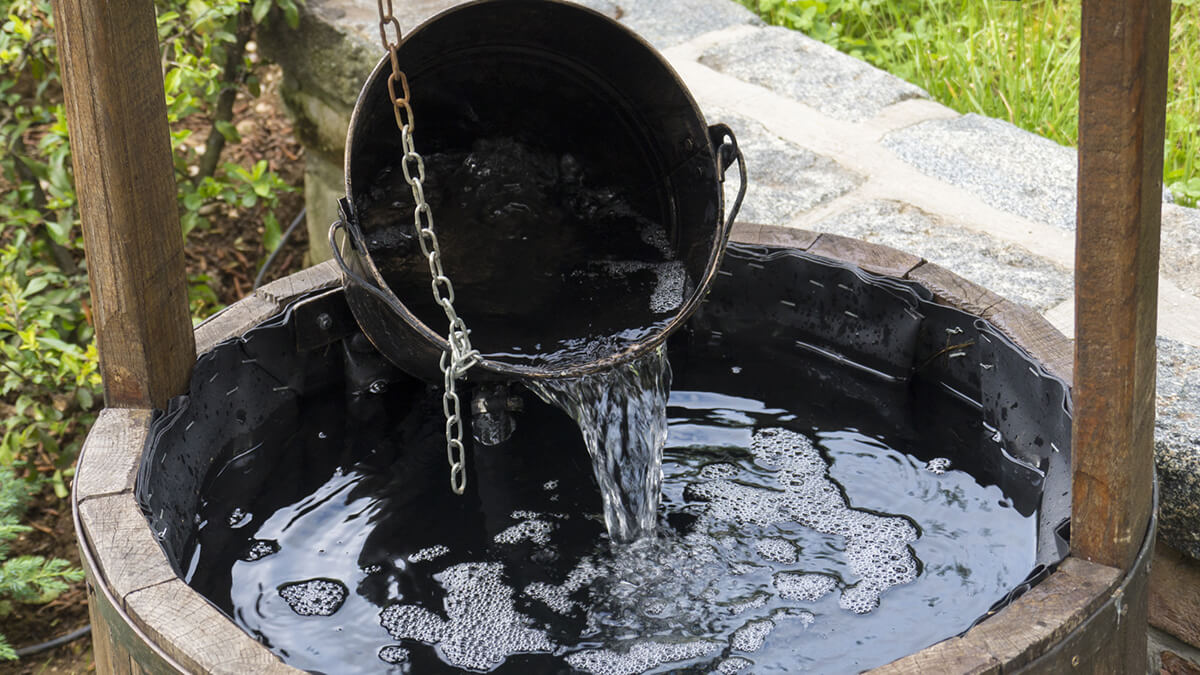Buying or selling a home can feel overwhelming, and termite problems just make things messier. Most people don’t even think about termites until they’re getting ready for a big move or see something strange, like tiny mud tubes or bits of wood on the floor.
But here’s the thing: termites can do serious damage before you even notice. If you’re dealing with a real estate transaction, a termite inspection isn’t just a box to check, it’s a way to protect your wallet and your peace of mind.
Compare Cash Offers from Top Home Buyers. Delivered by Your Local iBuyer Certified Specialist.
One Expert, Multiple Offers, No Obligation.
Termite Inspection
- Termite Inspection Cost: What You’ll Really Pay
- Main Cost Factors: What Affects the Price?
- Signs of Termite Problems: When Should You Get Inspected?
- What to Expect During a Termite Inspection (and What’s in the Report)
- Termite Treatment Cost: What Happens If They Find Something?
- Termite Inspections in Real Estate Transactions
- Choosing a Pest Control Company for Termite Inspections
- Reilly’s Two Cents: Actionable Tips from the Trenches
- Protect Your Home and Your Wallet
- Frequently Asked Questions
Termite Inspection Cost: What You’ll Really Pay
So, how much does a termite inspection cost? In most cases, you’re looking at $75 to $150 for a standard inspection. Some pest control companies offer free termite inspections, especially if they think you’ll need treatment afterward. But “free” doesn’t always mean better, it just means the cost might come later if they find something.
If you’re buying or selling a home, the price can go up a bit. That’s because inspectors may need to provide extra paperwork like a termite letter or detailed inspection report, which lenders often require during real estate transactions. These reports take more time, so some companies charge $200 or more for them.
The price also depends on where you live. Homes in high risk areas (like Florida or parts of the South) tend to have higher inspection costs. Bigger homes or homes with crawl spaces may also take longer to inspect, so they cost more. And if you’ve already had termites in the past, expect to pay more for follow-ups.
Main Cost Factors: What Affects the Price?
Not all termite inspections cost the same. A few key things change the price. First, your location. If you’re in a place with lots of termite activity, think hot, humid spots or older neighborhoods, you might pay more just because there’s a higher chance of problems.
Next is the size of your home. A small condo takes less time to inspect than a big two-story house with a basement and a crawl space. More square footage means more places for termites to hide, and that means more work for the inspector.
Then there’s why you’re getting the inspection. If it’s just a check-up, it’ll likely cost less. But if it’s part of a real estate transaction, there’s usually more paperwork involved, like an official termite letter. That can bump up the price.
Finally, how often you get inspected plays a part. If you do regular inspections, companies might offer a discount or bundle it into a service plan. But if it’s been years, or you already suspect termite damage, expect to pay full price, or more if you need follow-ups.
Signs of Termite Problems: When Should You Get Inspected?
You don’t have to wait until there’s a problem to get a termite inspection. In fact, waiting too long is what usually gets people in trouble. One of the first signs is finding mud tubes, thin, muddy trails along your walls or foundation. That’s how termites move around without being seen.
You might also spot termite droppings, which look like little piles of sawdust or coffee grounds. And if you tap on wood and it sounds hollow, that’s a bad sign. Termite damage isn’t always visible, but when it is, it usually shows up as soft, crumbly wood or blistered paint.
You should definitely get inspected if you’re buying or selling a home. Lenders and buyers want to know the property is solid. But even if you’re not moving, get checked if you live in a high risk area or haven’t had an inspection in a few years. Catching termites early can save you thousands.
What to Expect During a Termite Inspection (and What’s in the Report)
A termite inspection is pretty simple, and you don’t need to prep much. The inspector will walk around your home, inside and out, looking for signs of termite infestations. That includes checking the foundation, attic, crawl spaces, baseboards, windows, and anywhere else termites like to hide.
They’re looking for things like mud tubes, termite droppings, wood that sounds hollow, or any soft spots. If you’ve got a basement or garage, they’ll probably spend extra time there too.
After the inspection, you’ll get a written inspection report. This shows whether they found anything, what kind of damage (if any) was spotted, and what should happen next. If it’s for a real estate deal, you may also get a termite letter, a special form used in property transactions that says the home is clear, or not.
Most inspections take about an hour, depending on the size of your home. And you’ll usually get the report the same day.
Termite Treatment Cost: What Happens If They Find Something?
If the inspection turns up termites, the next step is treatment, and that’s where the real money kicks in. Termite treatment cost depends on how bad the infestation is and what kind of treatment your home needs.
For small problems, spot treatments can cost $200 to $500. But if it’s serious and the termites are deep in the walls or all over the place, you might need a full treatment plan like fumigation or soil treatment. That can run $1,000 to $3,000 or more.
Most pest control companies offer different plans: some are one-time treatments, others include regular follow-ups. Some even offer a termite bond, which is kind of like a warranty. It means they’ll come back and fix things if termites return.
It’s smart to compare a few companies and ask what their treatment includes. Some deals sound cheap but leave out key steps like sealing entry points or future checkups.
Termite Inspections in Real Estate Transactions
If you’re buying or selling a home, a termite inspection can make or break the deal. Lenders often ask for proof that the property is free of termite infestations before they’ll approve a loan. That’s where the termite letter or clearance report comes in.
This letter shows whether the inspector found termites, any signs of past damage, and if treatment is needed. If there’s a problem, buyers might back out, or they’ll ask the seller to handle the repairs before closing. On the flip side, having a clean inspection report can help your home sell faster and for more money.
Even if no one’s asking for it, getting an inspection before listing your home is smart. It gives you time to fix anything quietly, without last-minute surprises. And if you’re the buyer, don’t skip it, even if the house looks great. Termites don’t leave a calling card, but they sure leave a mess.
Choosing a Pest Control Company for Termite Inspections
Not all pest control companies are the same, and picking the right one matters. Start by looking for companies that are licensed and insured in your state. That way, you know they’re following the rules and know what they’re doing.
Next, check out their reviews online. Look for real stories, not just star ratings. Did people get their reports fast? Did they feel pressured to buy treatment they didn’t need? That stuff matters.
Some companies offer free termite inspections, but keep in mind that they’re hoping to sell you a treatment plan. That’s not always bad, just be sure you understand what’s included. Ask what happens if they find termites. Will they give you a full report? Will they help with real estate paperwork?
Also, don’t be afraid to call a few places and ask for prices or sample inspection reports. If they won’t answer your questions or explain the process clearly, keep looking. A good inspector will make you feel informed, not confused.
Reilly’s Two Cents: Actionable Tips from the Trenches
I’ve helped a lot of sellers who didn’t know termites were even a problem until the buyer’s inspector showed up. That’s not a fun surprise, trust me. Dealing with termite damage at the last minute can slow down the sale, cut into your asking price, or kill the deal completely. I’ve learned it’s always better to be a step ahead, especially if you live in an older home or in a place where termites are common.
Here’s what I tell my clients:
Don’t wait for someone else to find the problem. Get your own inspection before you list your house. That way, if anything’s wrong, you can deal with it quietly and on your terms.
Don’t cheap out on the inspection. Free might sound nice, but you want someone who’s going to really check, not just do a quick once-over and hand you a sales pitch for treatment.
If you need treatment, shop around. Ask each company exactly what they’ll do, what’s included in the price, and if there’s a warranty or termite bond. Some places even offer to re-treat for free if termites come back within a certain time.
Save the report. Whether you’re buying or selling, that report is worth gold. If it shows no problems, use it to give buyers peace of mind. If it shows damage, at least you’re not caught off guard.
Bottom line, termite inspections aren’t just for show. They protect your deal, your house, and your sanity.
Protect Your Home and Your Wallet
Termites are sneaky, but the damage they cause isn’t. A simple inspection can save you from big headaches, whether you’re selling, buying, or just want to make sure your home’s in good shape. The cost of a termite inspection is small compared to what it might cost if you ignore the signs.
If you’re thinking about selling, or even just want to stay ahead of problems, don’t wait. Getting checked now is easier than dealing with repairs later. And if you’re not sure where to start, iBuyer.com can connect you with trusted pros who know what to look for and how to help.
Take care of the problem before it becomes a disaster. Your future self (and your wallet) will thank you.
Instant Valuation, Confidential Deals with a Certified iBuyer.com Specialist.
Sell Smart, Sell Fast, Get Sold. No Obligations.
Frequently Asked Questions
Most inspections cost between $75 and $150. If it’s for a home sale, it might go up to $200 or more, especially if a termite letter is needed.
Some do, especially if they expect to sell you treatment afterward. Just make sure the inspection is thorough and includes a written report.
The report usually lists any signs of termite activity, past damage, areas at risk, and recommended next steps. In real estate deals, it might include a termite clearance letter too.
Look for mud tubes, termite droppings (like sawdust), soft wood, or hollow sounds when you tap on walls or floors.
Spot treatments can be $200 to $500. Full-home treatment plans range from $1,000 to $3,000 or more, depending on the infestation.
Yes. If you live in a high-risk area or haven’t had an inspection in a few years, it’s smart to get one regularly to catch issues early.
A termite letter (sometimes called a WDO report) is a document used in real estate deals to show if termites or damage were found. Lenders often require it before closing.
Reilly Dzurick is a seasoned real estate agent at Get Land Florida, bringing over six years of industry experience to the vibrant Vero Beach market. She is known for her deep understanding of local real estate trends and her dedication to helping clients find their dream properties. Reilly’s journey in real estate is complemented by her academic background in Public Relations, Advertising, and Applied Communication from the University of North Florida. This unique combination of skills has enabled her to seamlessly blend traditional real estate practices with cutting-edge marketing strategies, ensuring her clients’ properties gain maximum visibility and sell quickly.
Reilly’s career began with a strong foundation in social media marketing and brand communications. These skills have proven invaluable in her real estate practice, allowing her to offer innovative marketing solutions that set her apart in the industry. Her exceptional ability to understand and meet clients’ needs has earned her a reputation for providing a smooth and satisfying transaction process. Reilly’s commitment to client satisfaction and her innovative approach have garnered her a loyal client base and numerous referrals, underscoring her success and dedication in the field.
Beyond her professional achievements, Reilly is passionate about the Vero Beach community. She enjoys helping newcomers discover the charm of this beautiful area and find their perfect home.
Outside of work, she loves exploring Florida’s stunning landscapes and spending quality time with her family. Reilly Dzurick’s combination of expertise, marketing savvy, and personal touch makes her a standout real estate agent in Vero Beach, Florida.




